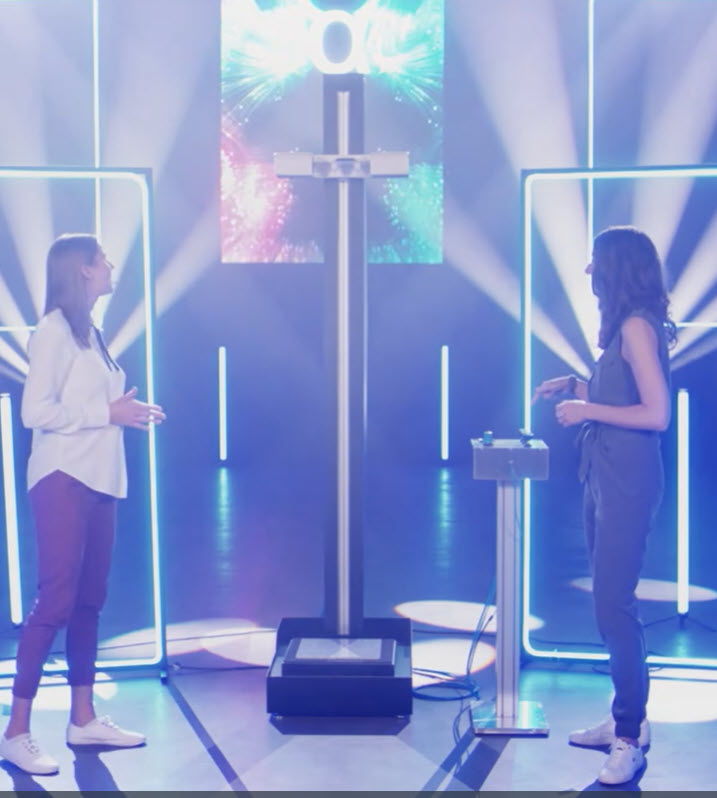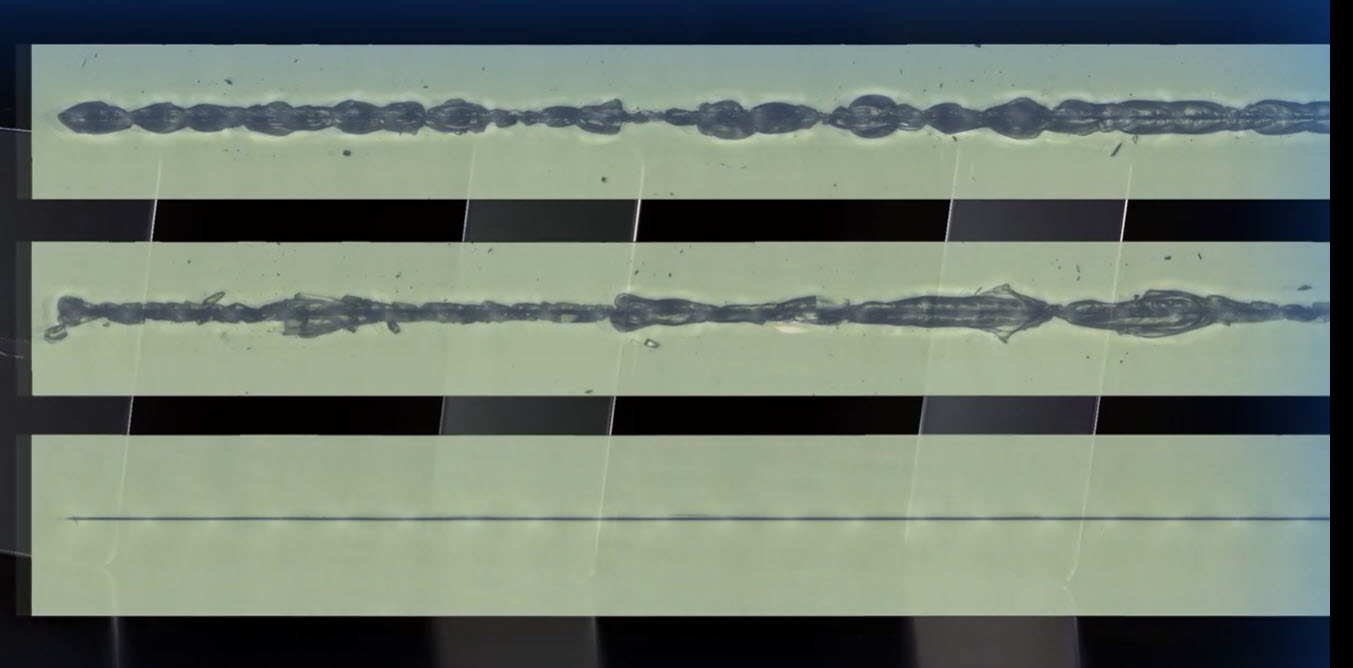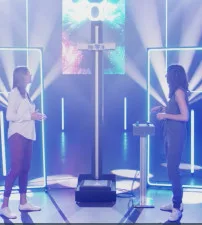Unusually, Schott held a press conference at 10.00am this morning – I don’t ever remember an invite at that time, except during a show. Anyway, the firm had plenty to talk about as it launched its Xensation ? (Alpha) glass which it claims as a ‘new world of cover glass’ as it is double the strength of existing ‘market leading’ cover glass.
Nobody who has owned a smartphone needs to be told that the glass protecting the display (and increasingly the back) of smartphones is a vulnerable component.
The firm started its conference with a long presentation. Although described as live, I would be willing to bet it was all (or nearly all) recorded. As I wrote this, it was still available online at this link.
Still it explained that the firm has a new glass formulation. Previously, the company has made boro-silicate glass (used as packaging for Covid vaccines) and lithium aluminium silicate glass (LAS glass), but it has now added the boron into the mix to create lithium aluminium boron silicate glass (LABS). That’s not a new idea, the firm said, but it hasn’t been available in mass production before.
Glass is used in up to three three different places in phones. There is the cover glass, possibly back protected glass and a glass cover over the camera (which can be particularly thin).
 The ‘live’ drop test of the cover glass mounted on a dummy phone.
The ‘live’ drop test of the cover glass mounted on a dummy phone.
As well as being able to survive drops from double the height of ‘market leading’ cover glass, the glass is more resistant to scratching and small defects than other glass. In its discussions, the firm said that the extra strength could also be used to thin the glass, rather than boosting the overall strength.
 The Xensation alpha glass is said to be more scratch resistant (bottom line). Image:video capture
The Xensation alpha glass is said to be more scratch resistant (bottom line). Image:video capture
The glass, developed by scientists in Germany and China, is being made in Schott’s plant in Jena, Germany, and is then sent to firms China for ion exchange processing for chemical strengthening and other forming and processing. The finished cover glass is then supplied to device makers and Schott already has one – Vivo – who will announce the glass in a new premium smartphone. Other brands are in process to use the glass, but Schott would not reveal details.
We asked about the optical properties and the firm said that they are as good as any other smartphone glass. It also told us that it has no plan to develop Ultra-Thin Glass (UTG).
In other questions, the firm was very cagey about comparing with other premium glasses such as Corning’s Gorilla Glass Victus. The suggestion was that the Alpha glass is better, but I don’t think this was stated clearly. Of course, there is no real standardisation in testing, so their caution was understandable.
The company also replied to our question that it didn’t want to give a cost premium over other glass, but said that in the cost of the smartphone it should be possible to absorb it and handsets shouldn’t be much more expensive.
The company didn’t answer a question about any difference to other cover glass with a stylus, but I wouldn’t expect a big difference, given the optical properties.
Finally, the company re-iterated that its real quest is to make ‘unbreakable’ glass. Now that would be cool! (BR)

